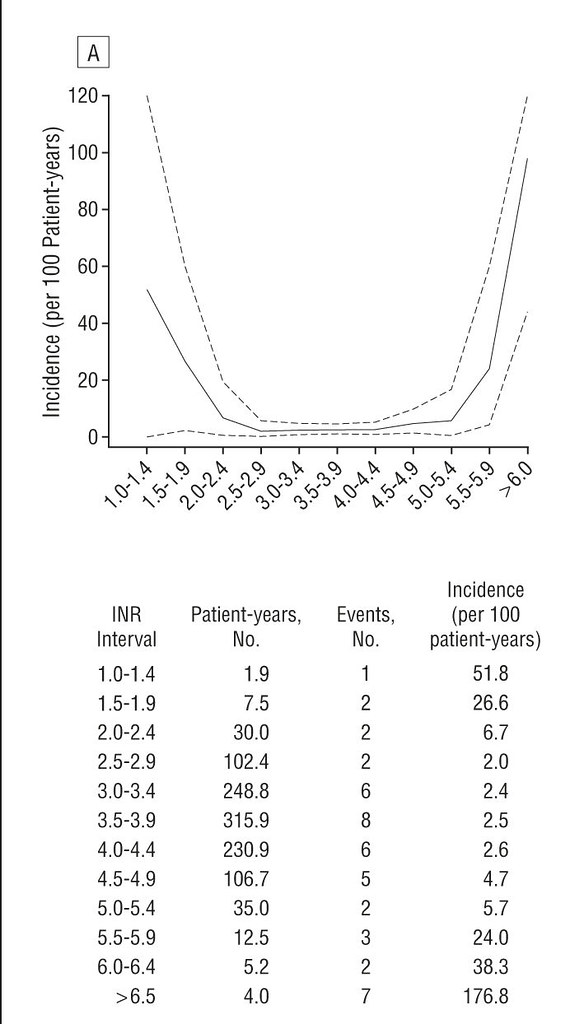MartinF
Well-known member
Recently joined and wanted to say hello. I found this site after my surgery and enjoy reading the posts. I've learned a lot that they didn't tell me. 4 years ago I had mitral valve replacement. All arteries were clear and I took the choice of minimally invasive surgery (not a member of the zipper club). Chose a tissue valve, a St Jude's but can't remember the name of it. Model on my card is E100. My natural valve failed due to torn chords that attach to the back of the leaflets. Was on Warfarin 6 months post-surgery, went off and 2 months later back in the hospital with what turned out to be a blood clot on my new valve. Luckily that dissolved but I'm still on Warfarin. Doctors have left me on Metoprolol and trying to get off it. My resting heart rate is around 48 now but was 43 until a year ago when I started a stressful job. I've been a runner all my adult life and continue to run and walk but shorter and slower. Only health issue is high blood pressure that's under control. It's hereditary but not sure what the exact cause is.
Hope to contribute when I am able.
Martin
Hope to contribute when I am able.
Martin
























